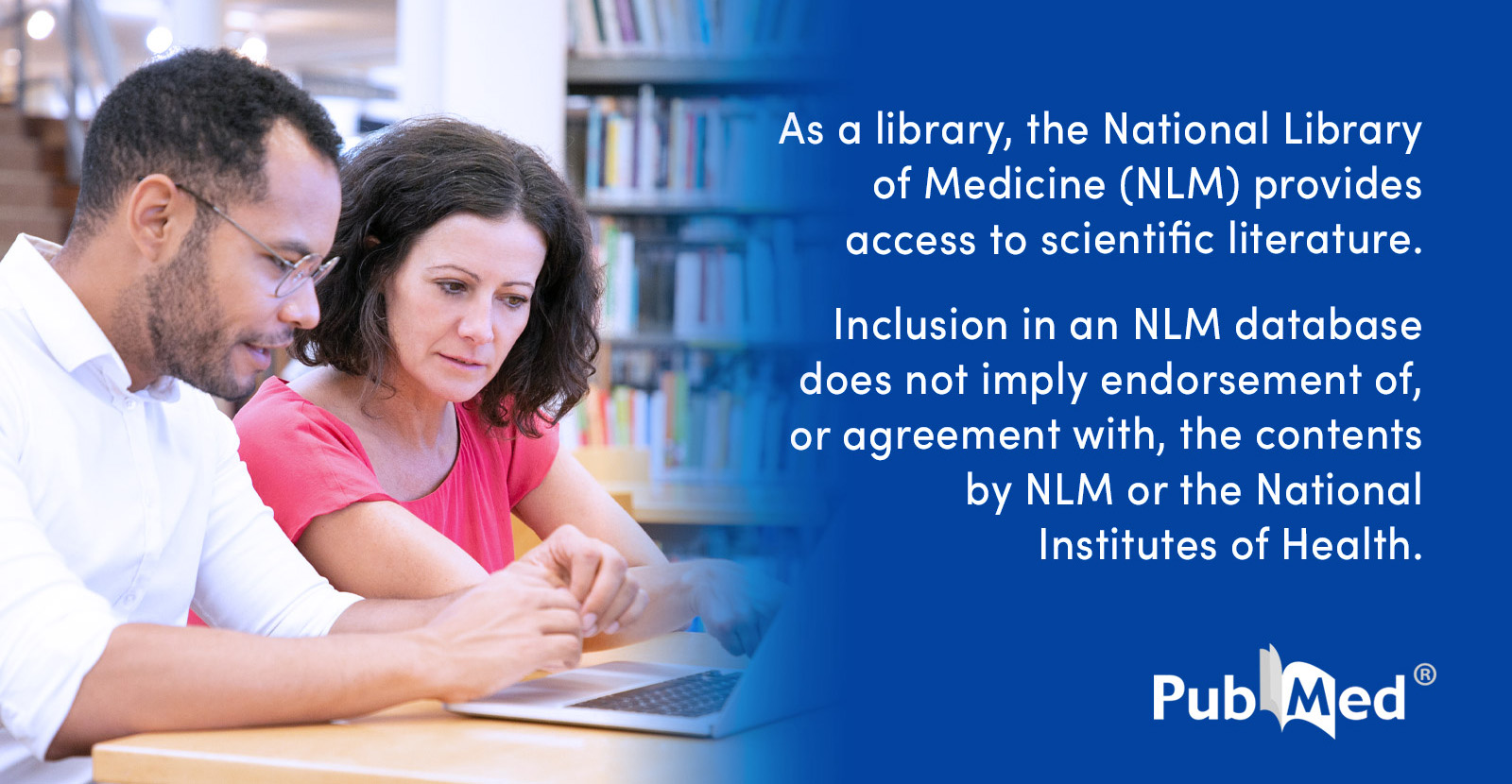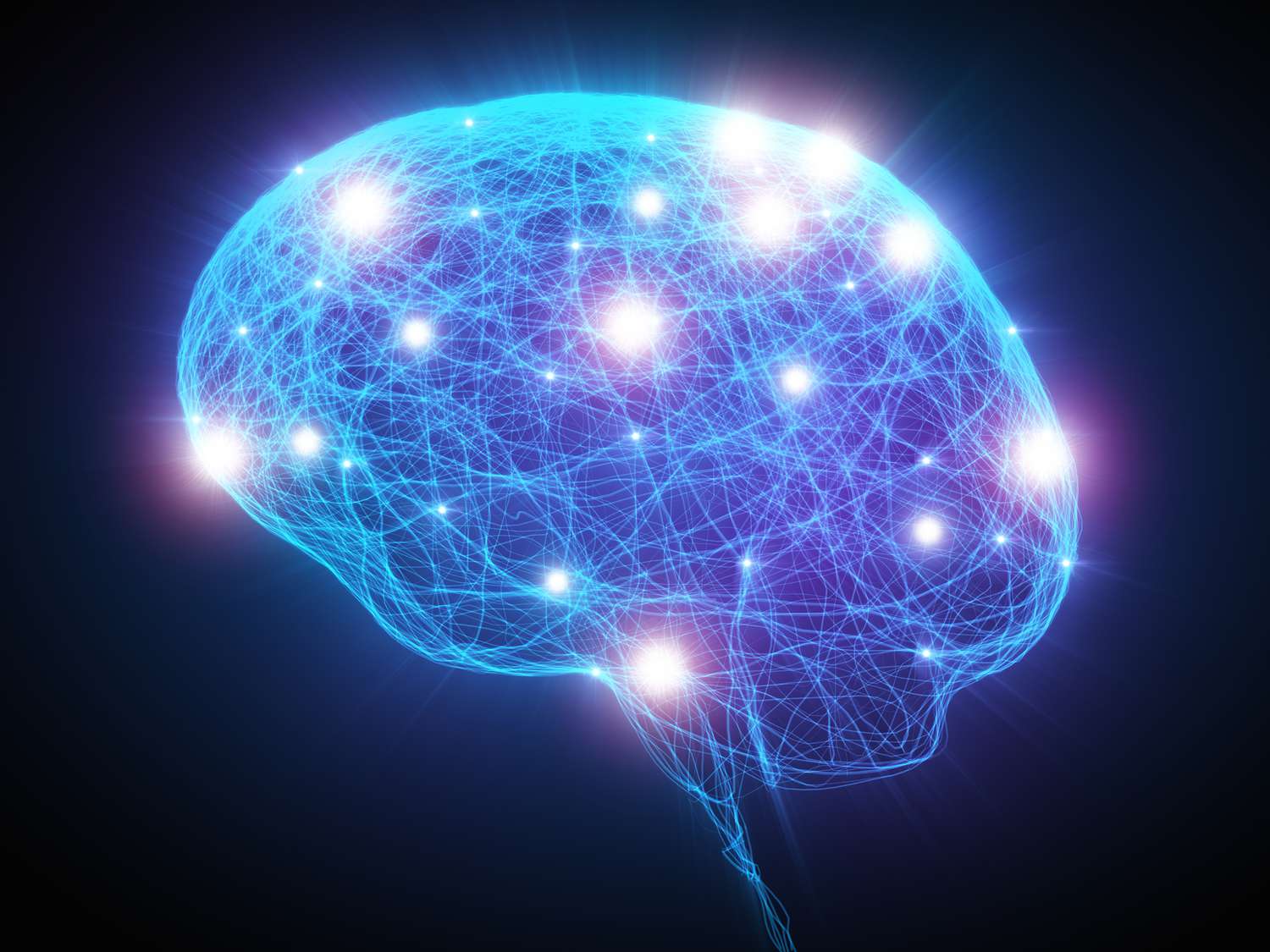During withdrawals either benzo or opiate the NMDA receptor is flooding our brain with excitatory cells. GABA being inhibitory and calcium and glutamate being excitatory. Calcium and glutamate is very important for us, but while we’re withdrawing. They kinda suck lol. Gabapentin and Pregabalin are actually calcium channel blockers and that’s why they are reported to be helpful during a withdrawal.
Methadone does have NMDA antagonism. I’m not sure if that’s on purpose and that’s why it’s used for opiate withdrawals or if it’s Because of its super long half life that makes it a perfect maintenance drug. I can say having gone thru many withdrawals from opiates and just a couple from benzos anything with Nmda blocking abilities. Gabapentin. Pregabalin. Ketamine. FXE. Methadone. All are super insanely helpful. Gabapentin being slightly helpful, but pregabalin being extremely helpful. Many ex heroin addicts become addicted to ketamine possibly to battle the PAWs. I haven’t seen good ketamine in over 10 years.
However for me I started methadone treatment after failing over 6 different times trying to quit blues. I eventually quit because methadone over powered the blues. I couldn’t feel fentynal no matter what I tried. At 140mg of methadone. I still had to take 100mg for three days to battle the acute withdrawals which I felt non. But if I didn’t take that 100mg at night time I would wake up nauseated in the mornings. It was very interesting to me to find out methadone is an Nmda antagonist then learning about Nmda roles. Also learning about Excitatory and inhibitory system of the brain.
So from personal experience and not really understand psychopharmacology to that grand of a scale. I’ll say that calcium seems like it sucks when battling an addiction lol. But awesome for a classroom setting when I need to learn something new.
Some sources about Nmda and withdrawals.
Opioids can induce dependence and elicit a withdrawal syndrome in users after the cessation of drug action. Opioid withdrawal is characterized by aversive symptoms that can elicit distress-relieving drug-seeking behavior and that thus contribute to the development and persistence of addiction...

pubmed.ncbi.nlm.nih.gov
The function of the N-methyl-D-aspartate (NMDA) subtype of glutamate receptor is very sensitive to acute inhibition by ethanol. Because of the role of this receptor in processes such as synaptic plasticity and neuronal development, it may contribute to the acute cognitive deficits caused by...

pubmed.ncbi.nlm.nih.gov
This was an amazing read and calcium has no effect on NMDA
Learn about NMDA receptors, what they do in your brain, what illnesses they're involved with, and what treatments target them.

www.verywellhealth.com
Another thread with some interesting info
I’m gonna look up Pregabalin and calcium blocker withdrawals. Let’s see?
Some scientists believe that pregabalin helps with opiate withdrawal due to it modulating monoamine release in “hyper-excited” neurons and because it binds to certain voltage-gated calcium channels.
Pregabalin For Opiate Withdrawal benefits and precautions - Pregabalin has been shown to be effective at reducing Opiate Withdrawal Symptoms.

opiateaddictionsupport.com
Pregabalin is a substance which modulates monoamine release in "hyper-excited" neurons. It binds potently to the α2-δ subunit of calcium channels. Pilotstudies on alcohol- and benzodiazepine dependent patients reported a reduction of withdrawal symptoms through Pregabalin. To our knowledge, no...

pubmed.ncbi.nlm.nih.gov
Simply said for me. I went thru hell and back during opiate withdrawals. I never had Pregabalin during an acute opiate WD but I did have gabapentin and benzos. Both of which helped immensely.
I started to use pregab for post acute withdrawal symptoms like sleep disorders. And it’s been a life saver in this regard. But thru my experience of ‘em withdrawals and all that I know analog them they cause a down regulation in opioid receptors or gaba receptors and that downregulation is counter acted by an up regulation of excitatory cells. It sucks so bad
Soooo no don’t give the dude who’s overdosing some milk.

. Or shit. Maybe yeah. Maybe yeah. Maybe that milk will wake the mofucka up. I’m just joking and smoking way too much FXE right now









